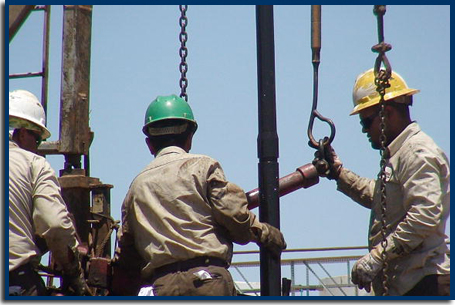Research: Fracking Uses No More Water Than Traditional Oil Production
Research done at the Bureau of Economic Geology at the University of Texas has cleared fracking of one of the most serious allegations leveled against it by environmentalists who oppose the practice—that is uses a disproportionate amount of water and risks depleting water sources for agricultural and residential  users, especially in already water challenges south Texas.
users, especially in already water challenges south Texas.
But researcher Dr. Bridget Scanlon tells Newsradio 1200 WOAI that claim is not true.
“The water used to produce oil using hydraulic fracturing is similar to the water used in the U.S. to produce oil using conventional techniques,” she said.
She says even though fracking works by blasting, or ‘fracturing,’ hard rock shale formations with a mixture of water, sand, and chemicals, the total amount of water used during the life of the well is not appreciably different than the amount of water used for traditional types of oil wells.
She says the only difference is the point in the drilling process where the water is used.
“We use the water for hydraulic fracturing up front, right after we drill the well,” she said. “In conventional production, we use the water later in the production, with water flooding and enhanced oil recovery,” she said.
The alleged overuse of water is one of several techniques environmental groups have used to try to shut down or limit the fracking wells which are close to making the USA energy independent.
Scanlon says her research did not study whether water used for fracking is in fact depleting the water table under the Eagle Ford, but other studies have indicated that the total water use for fracking is about the same as the water used to keep a golf course irrigated.
“The reason we’re using more water is because we are producing more oil,” she said. “Not because hydraulic fracturing is any more water intensive.”
Source: WOAI Radio News.




